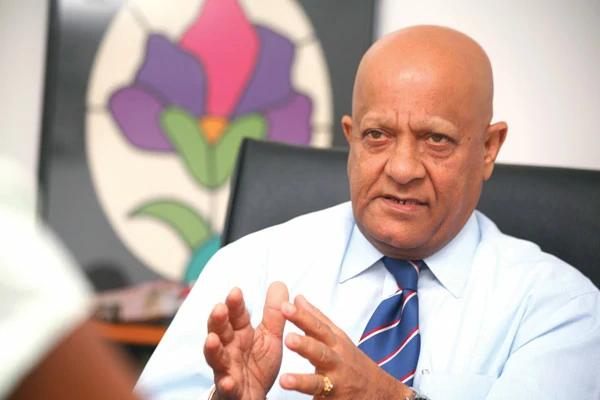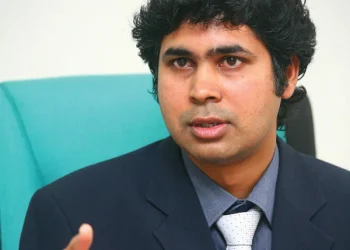
By Madhushala Senaratne | Photography by Menaka Aravinda
Since its inception in 1961, the Sri Lanka Chamber of the Pharmaceutical Industry (SLCPI) has come to form a vital segment in the local healthcare industry. Committed to protecting the interests of its members and ensuring continuous availability of a range of quality drugs, which are ethically promoted, the Chamber has grown in stature and is the voice of the pharmaceutical industry in Sri Lanka.
Ananda Samarasinghe, the current president of SLCPI spoke to us on the roles and responsibilities of the Chamber in the light of misconceptions that appears to exist about the industry.
The Chamber is involved in safeguarding the privileges and protecting the fiscal interests of the importers, manufacturers and traders, whose primary objective is to provide high quality drugs to the market at competitive prices. The Chamber which is a self-regulatory body has a strict code of ethics to ensure that its members adhere to the regulations and quality standards of ethical promotion and marketing of drugs in Sri Lanka.
Samarasinghe says, “Quality is ensured because no private sector can bring low quality products and survive in an open market.” According to Samarasinghe “Safety, efficacy and quality are three criteria that needs to be fulfilled with the Drugs Authority of Sri Lanka to be entitled to import a drug to the country. To satisfy these, there’s a lot of authentic documentation required. The drug authority takes a lot of effort to evaluate such files, he stated.
“Like any other profession or occupation, we have in our industry, miscreants who resort to shortcuts without following the set rules and procedures. But our members should not be judged by those illegal miscreants as all our members are firmly committed to the ethics of our industry mentioned above,” he added.
The Chamber Members liaises with the Government in the procurement of drugs required by the Ministry of Health. Samarasinghe says, “These two excellent systems – Government’s island-wide free healthcare system and the private sector healthcare system offers patients the freedom of choice of either system. It is the end result of these two systems which have contributed to the best health index in our country, in par or even above any developed world.”
The topic of advertising drugs in the media is not commonly discussed. Samarasinghe says, “Drugs need to be promoted but it is an accepted norm that we cannot use the media to address or publish drugs. So we use personnel promotion.” He adds, “the main responsibility of a promoter of a drug, called the Medical Representative is to take important messages, with the relevant clinical data and samples, of his product to the doctor so that a doctor uses his professional skills to decide the best from the array of such different products offered, for his patient.”
The SLCPI and its members are aware of the need for medical assistance amongst the masses and the burden laid on the Government in sustaining a free healthcare system. In this regard, the Chamber has facilitated a number of CSR projects including free medical camps and clinics. They have also rendered support to the Government in large measures during the post tsunami period and currently aiding the IDPs.
Talking about the future plans of the Chamber he says, “We have helped the Government to run diabetic clinics in a number of centres through which diabetic centres have been established. We have initiated encouraging professional training of medical representatives to implement the code of ethics and ethical promotion of pharmaceuticals.”
“Our future plans are to continue doing projects that will support the society and that will enhance the pharmaceutical industry further,” he concluded.





